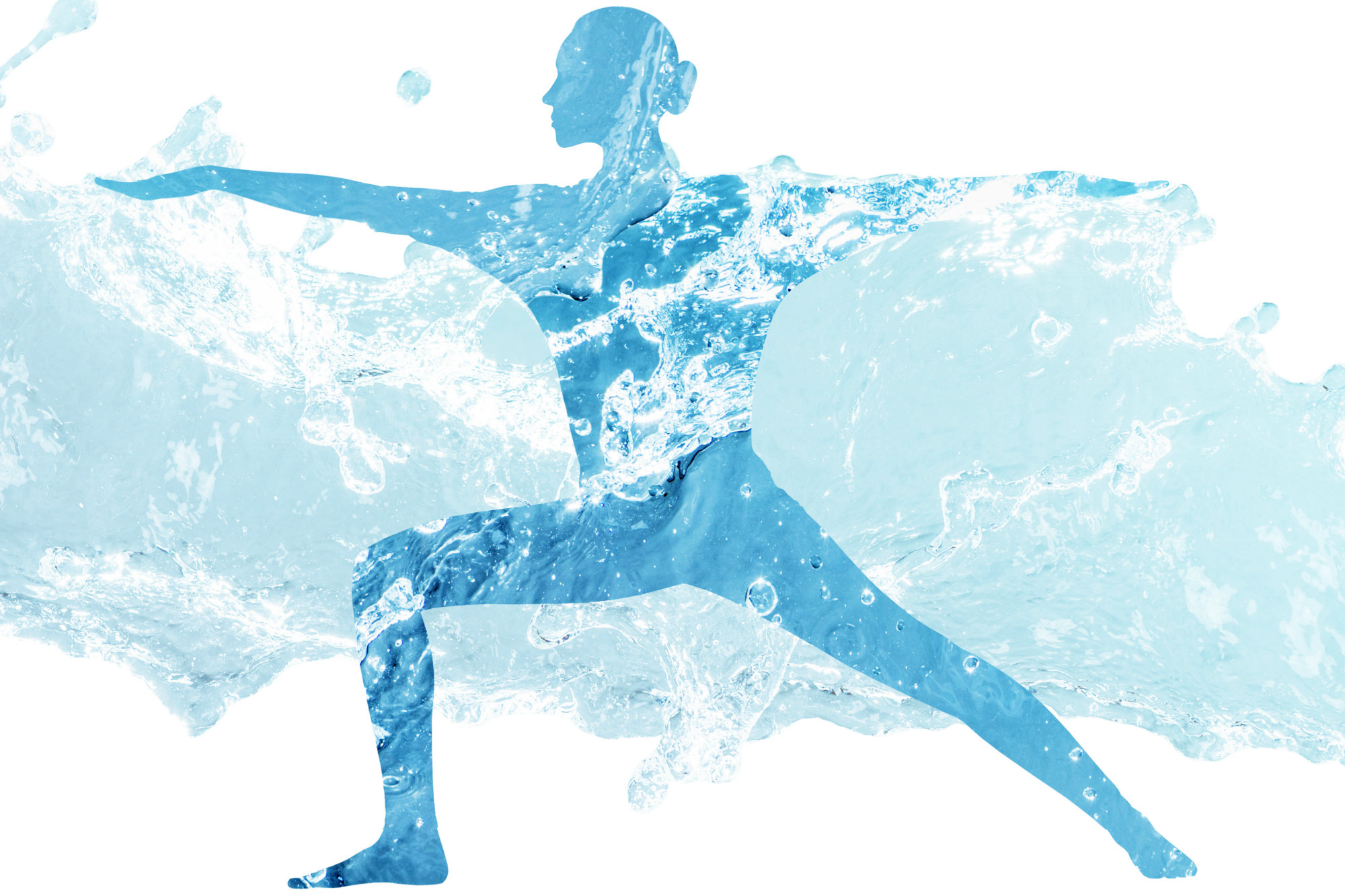Many land-based exercises and physical therapy techniques can be adapted for use in water, offering patients added benefits. These forms of specialty aquatic therapies differ from their land counterparts and merit separate study to determine effectiveness.
Ai chi is one such specialty aquatic therapy. Based on tai chi, it provides a viable alternative for those unable to perform certain exercises on land.
Tai chi is a gentle form of exercise, aimed at helping reduce stress while putting minimal impact on muscles and joints. It’s generally considered safe for people of all ages and abilities.
Practicing the low-impact movements in water can be especially helpful for populations with difficulty maintaining balance. Water immersion also helps to ease the fear of falling, which may make patients more likely to adhere to the program.
During ai chi, participants stand in chest-deep water while an instructor provides directions from the pool deck. This exercise combines deep breathing with slow, rhythmic therapeutic movements.
Recent studies have examined the specialty aquatic therapy’s effect on balance, strength, pain reduction, and mobility with positive results — particularly among patients with chronic conditions.
One pilot study in the journal Neuro Rehabilitation looked at the effects of ai chi on 23 women who had multiple sclerosis. When compared with a control group that was assigned similar exercises on land, the ai chi group showed notable improvements in muscle strength, functional mobility and fatigue. The control group showed no significant differences in those categories.
Studies published in Disability and Rehabilitation and the Spanish journal Neurología examined ai chi for patients with Parkinson’s. Both found the therapy effective for improving function, mobility and balance in patients with mild to moderate Parkinson’s.
A study published in the International Journal of Rheumatic Diseases found that after 10 ai chi sessions, women with fibromyalgia experienced improvements in pain levels, mental health and quality of life.
Overall, current research supports ai chi as a valuable part of treatment plans for chronic conditions, such as Parkinson’s, fibromyalgia and multiple sclerosis.
Special thanks to NSPF. Full references can be found on the web version of this article, at poolspanews.com.



